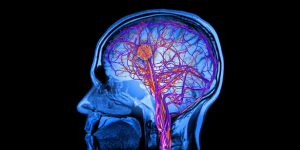The Idea
Professor Sergio Canavero wants to be the first surgeon ever to perform a head transplant. He claims that this could happen within the next year and that there are many volunteers willing to participate. He claims that despite the risk, there are many interested participants and the surgery will most likely take place in the UK, Germany or France.
The Patient
Valery Spiridonov is a 31-year-old man with Werdnig-Hoffman’s (muscle-wasting disease) who is willing to have his head transplanted onto a different body.
How it would work
All in all, the transplant would require a team of 150 medical professionals and 36 hours to complete. The first step would require freezing the head and body to stop brain cells from dying. The trickiest part of the surgery will involve cutting the spinal cord. Canavero claims a special knife made of diamonds will be used because of its strength and precision. The head will then be removed and the spinal cord glued to the donor. The testing of the procedure will be done on brain-dead donors to see how they recover neuro-physiologically.
The Questions
While many medical experts around the world claim his theories are science fiction and a head transplant is not feasible, Canavero claims that the surgery will have a success rate of 90%. If it is possible to perform a head transplant, than there are many questions that I have. Firstly, how would someone cope with living in a completely new body? More importantly, would they be the same person or would they change? Many questions are also raised about who the donor and recipient would be and what the requirements are to participate. I think while an interesting idea, many ethical questions are raised by the idea of a head transplant.
More information: http://www.bbc.co.uk/newsbeat/article/37420905/the-surgeon-who-wants-to-perform-a-head-transplant-by-2017


